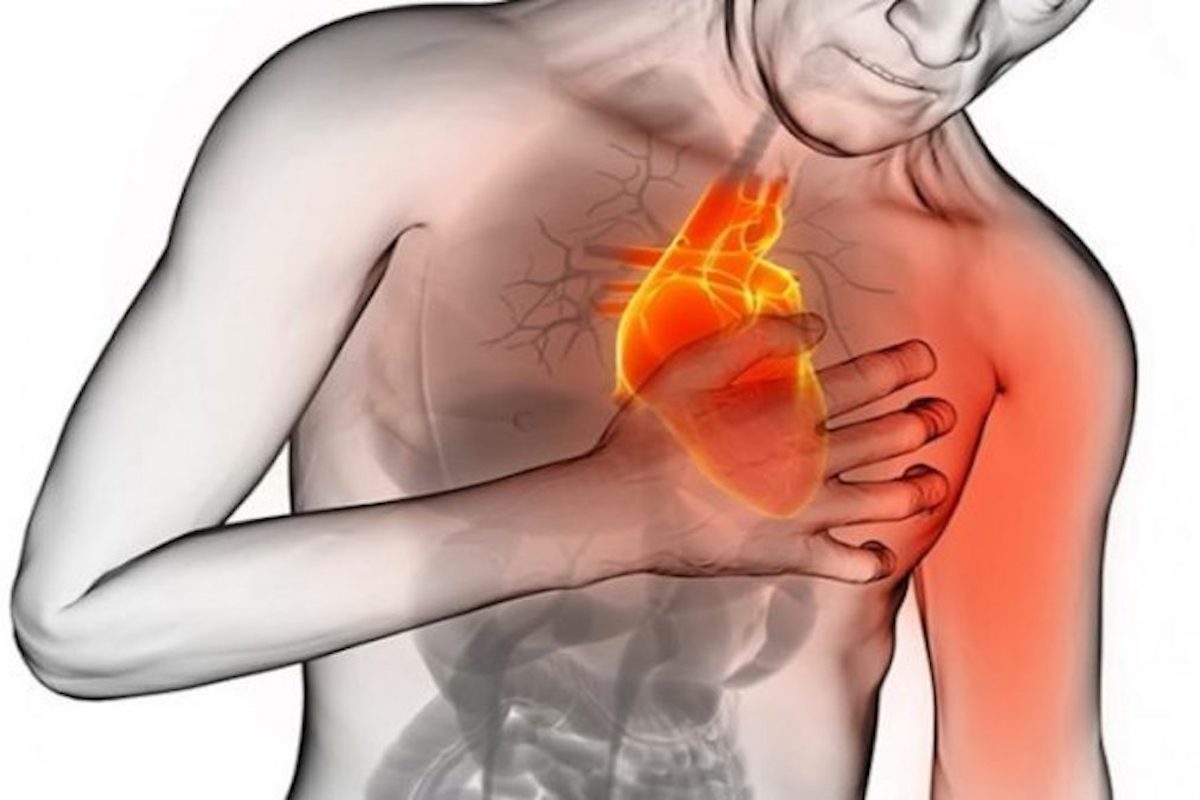Smoking, high blood pressure, obesity and prolonged stress are some of the factors that increase the risk of heart attack or myocardial infarction. So living healthy and taking good care of yourself can lower the risk of heart attack. Symptoms are not limited to the heart but can spread throughout the body. Many of the symptoms are overlooked and are related to other causes. However, in many cases it does lie with the heart. Early diagnosis gives you the best chance for successful treatment.

But if you do get hit by a heart attack, your body will start warning you a month in advance. If you know these signs, you can seek help in time to prevent worse! So it is important to recognize these warnings, they can save lives!
Feeling weak
One of the most common symptoms is the feeling that your body is weakening. Your body feels weak because a vein near your heart has been remodeled. This means less optimal circulation and blood flow. Your muscles thus receive less oxygen resulting in muscle weakness and the danger of falling more often.
Dizziness and sweating
This is also the feeling of decreased blood circulation. When less blood is pumped to your brain, you may start to feel dizzy. Your body may also feel clammy and sweaty. Your brain needs enough blood and oxygen to keep your body working properly.
Chest pressure
When you feel pressure in your chest, it is always a good idea to have it checked out by a doctor. This is especially true if you belong to a high-risk group. The pressure on your chest will keep increasing in the case of an upcoming heart attack. The pressure and pain can also radiate to other parts of the body such as arms, shoulders and back.
Fatigue
Do you often feel tired? Fatigue is also a symptom that there is poorer blood flow to your heart. When your heart has poor blood flow, it has to work harder to keep pumping your blood around. You feel this because you get tired.
Cold or flu
Many people who have ever had a heart attack describe flu-like symptoms in the period before the heart attack struck.
Shortness of breath
Another warning from your body is shortness of breath. When the blood vessels constrict, your lungs also receive less blood, making them less able to do their job. Your heart and lungs work closely together. When one of them does not work as well it has an immediate effect on the other.
If you recognize these symptoms, we recommend that you always consult a doctor.
